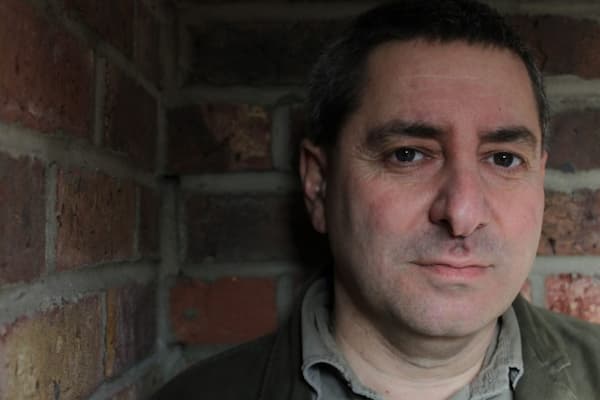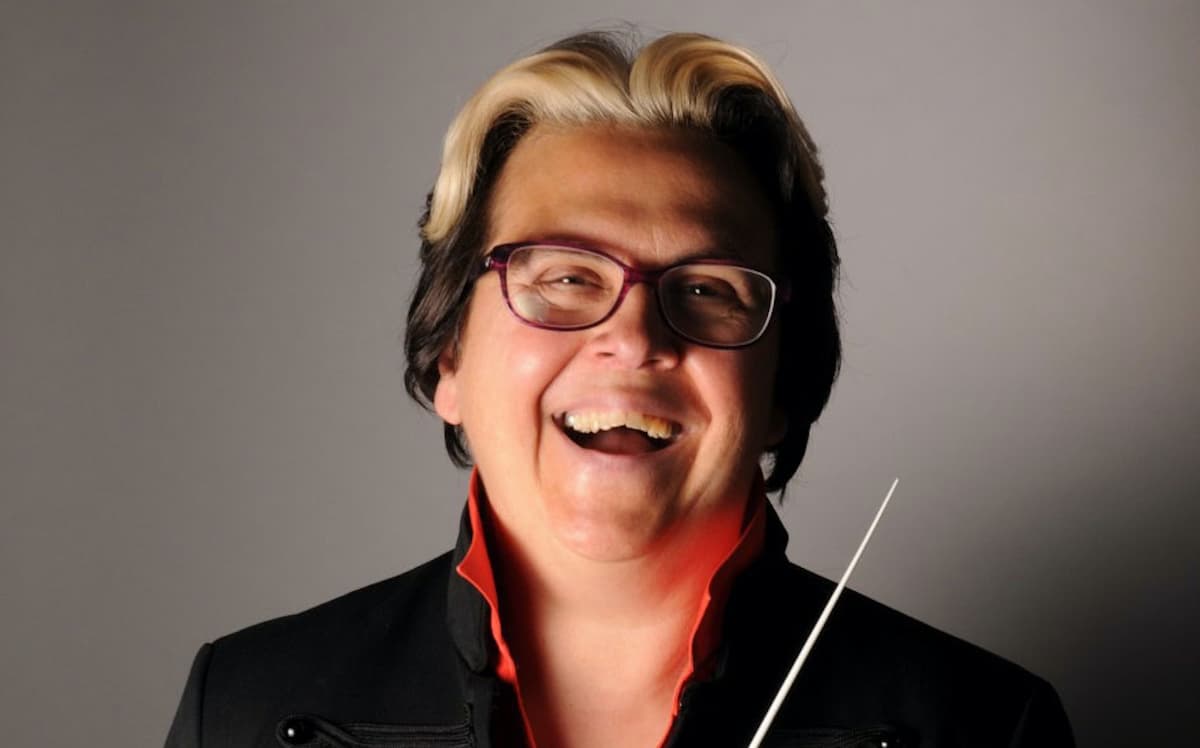In an upcoming concert to be held at Kings Place London, composer Harry Whalley, author Alexander McCall Smith, and neurologist Adam Zeman come together for an evening about memory.
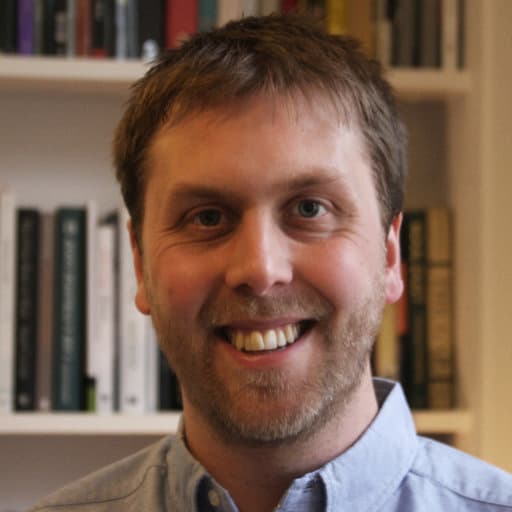
Harry Whalley
Whalley’s 13-part piece On Memory will take us through the ideas about and behind memory. We spoke with Professor Whalley (University of the Creative Arts) about this concert and about music and memory in the larger sense.
Harry Whalley: On Memory – everyone knows how it is
His own background in memory comes from working with dementia and Alzheimer’s patients and creating workshops for them in their care homes. The agitation and memory loss in those patients can be tragic, for example, when parents do not recognize their children, but through his research and study, he’s found that it was possible to use music to stimulate memories. When a patient’s child is going to visit, if the music that brings them to mind is played in advance to the patient, often recognition is sparked when the two meet.
For Whalley, working at the junction of art and science has been an important part of his development as a composer. Music and Maths or Music and Science leads to the idea of Science and a different way of communicating.
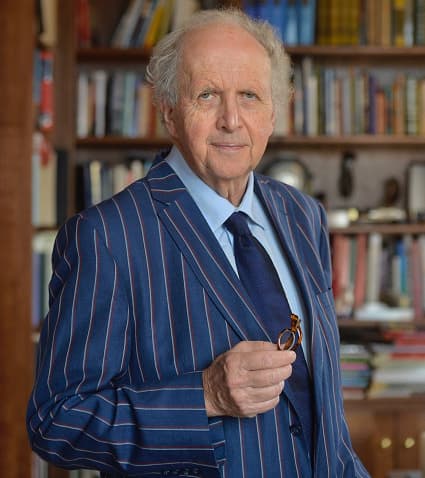
Alexander McCall Smith
Alexander McCall Smith, although better known for his fiction (No. 1 Ladies Detective Agency, etc.), was formerly a Professor of Medical Law at the University of Edinburgh. His background in medical law and bioethics will be coming to the fore in this concert.
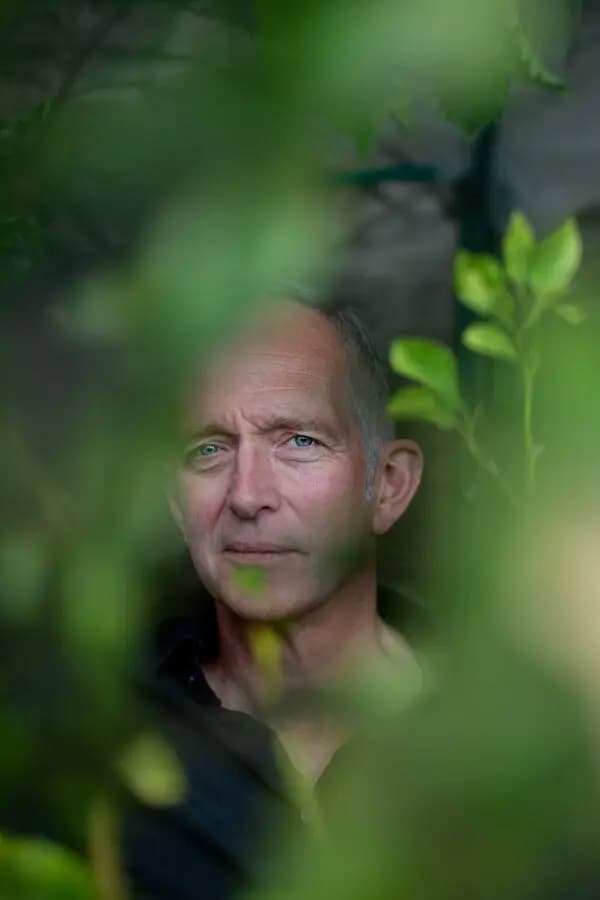
Adam Zeman
Adam Zeman, Professor of Cognitive and Behavioural at the University of Exeter, brings in the science part of the evening. His work in memory disorders and amnesia became the other part of memory for the evening. He has been looking at how the brain develops and, when we consider how much music a child may be exposed to before birth, how does music aid in recognition?
Both authors stress not only the role of memory but also the role of forgetting, i.e., trauma, in a person’s mental happiness.
Harry Whalley: On Memory – when to remember
Whalley talked about the role of memory for a composer and how much many of the basic forms (sonata, allegro, rondo, variation, etc.) rely on the listener remembering a first theme or a second theme, and then being able to recognize it when it changes. When it appears in the minor, rather than the major, or in a different rhythmic pattern, or in imitation, can you still remember that original musical idea?
We talked about the idea of the Meta-Narrative and how this concert was really about the core of thought that was behind narrative – the artistic and the contemplative both have their place.
The ensemble performing will be the Gildas Quartet, augmented by double-bassist David Brown and soprano Sarah Dacey. The 13 parts of On Memory alternate the ensemble playing with the ensemble accompanying a song, and then the ensemble playing under a narrative by McCall Smith and later by Zeman. The 50-minute work carries the audience from birth to old age, connected by an opening and closing chord.
In working on this project on memory and music, Whalley wondered if, perhaps, it was really an examination of the ‘True Function of Music’, i.e., when all memories fail, often music remains, causing Whalley to ask ‘is this what music is for?’. Music in ritual is more than music in the church. Attending a concert, whether it’s the feeling of putting on your tuxedo or remembering to pack your earplugs, can also be a ritual memory. And, as mentioned above, associating music with a particular person can help you remember that person when other memories are hard to reach.
It should prove to be an interesting concert and thought-provoking at the same time. How many of your memories have musical connections? Whalley mentioned that his next project would be doing more with this research: should we be asking about music and memory before dementia sets in? How do we look to the past to help us with our future? These kinds of interesting questions will be part of the On Memory concert and will be important for musicians and neurologists, ethicists and composers, and, probably more importantly, caregivers.
Kings Place London, 27 May 2023, 7:30 pm
For more of the best in classical music, sign up to our E-Newsletter

